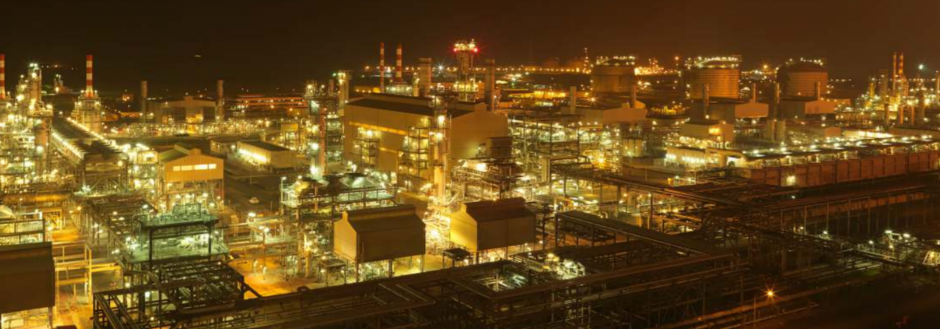
Nigeria LNG (NLNG) has chosen a consortium made up of Saipem, Chiyoda and Daewoo E&C (SCD) to carry out work on the project’s seventh train. The choice of the SCD consortium was set out on September 11 at a ceremony in Abuja, with the signing of a letter of intent (LoI).
The engineering, procurement and construction (ECP) contract is expected to come into effect following the final investment decision (FID), which will come on October 31, according to numerous sources. Train 7 will increase production from 22 million tonnes per year (tpy) to 30mn tpy.
A twin front-end engineering and design (FEED) study was launched in July 2018. This involved both SCD and its competitor carrying out work on the project. Losing out to SCD was the B7 consortium, which is made up of KBR, TechnipFMC and Japan’s JGC. Both groups produced a basic design engineering package (BDEP), in order to determine pricing and bids.
Comments from officials during the FEED and EPC bid process highlighted the importance of local content for bids, with a strong drive for employment for Nigerians.
Speaking at the time, NLNG’s managing director Tony Attah said the dual FEED work allowed the company to begin EPC bidding earlier. In addition to expanding export capacity the new train will also provide further supplies for domestic consumption.
NLNG’s sixth train began producing in 2007. Discussion of Train 7 at NLNG, and new plants at Brass and Olokola, have been under way for some considerable time. While the two new projects benefited – and then suffered – as a result of changing political fortunes, the appeal of a seventh train at NLNG is fairly straightforward. The company has been extremely successful in generating revenues and is the largest single source of taxes in Nigeria.
While NLNG has largely received support from the government, and has received tax breaks, a high-profile clash with the Nigerian Maritime Administration and Safety Agency (NIMASA) saw LNG carriers prevented from leaving the facility in 2013. A legal dispute between NLNG and NIMASA is continuing.
The Nigerian National Petroleum Corp. (NNPC) has a 49% stake in NLNG, while Shell has a 25.6% stake, Total 15% and Eni 10.4%.
